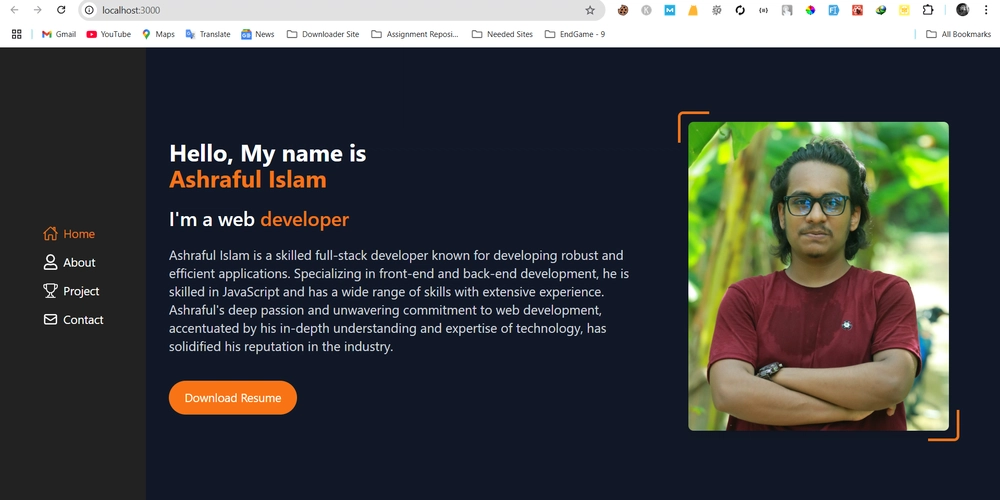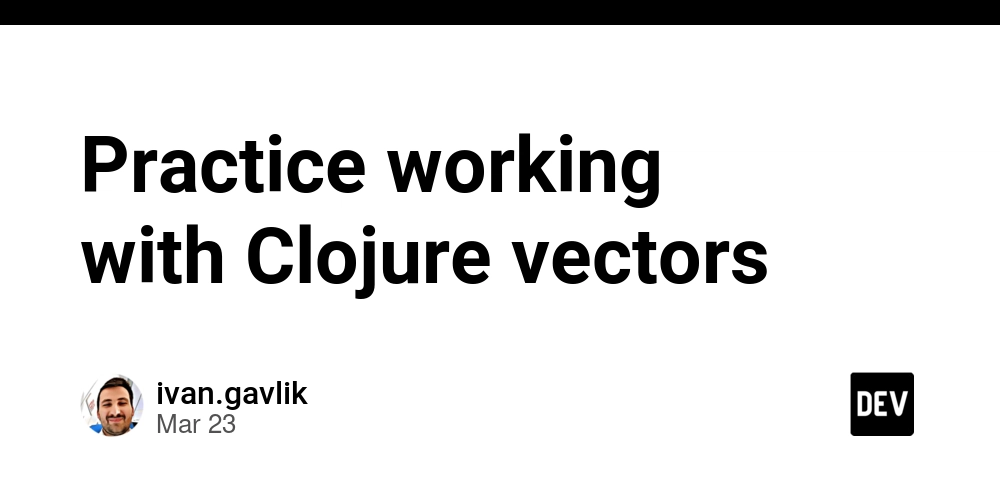80 / 20 principle in Sofware Development
The 80/20 principle (Pareto Principle) states that 80% of outcomes come from 20% of efforts. You can leverage this principle to accelerate your journey to becoming a Senior Software Developer, System Architect, and Lead Developer by focusing on high-impact skills and activities. 1️⃣ Become a Senior Software Developer (80/20 Focus) A Senior Developer is an expert in coding, problem-solving, and software design. To reach this level, focus on high-leverage activities: Step 1: Master Core Technical Skills (20%) → 80% Impact Deepen Your Expertise in One Tech Stack Focus on Java + Spring Boot (since you already use them). Learn advanced features of Java, including concurrency, JVM internals, and performance tuning. Become Proficient in Databases SQL & NoSQL (MySQL, MongoDB, PostgreSQL). Understand database indexing, optimization, and transactions. Write Clean, Maintainable Code Master SOLID, DRY, KISS, YAGNI principles. Learn design patterns to build scalable applications. Code Reviews & Refactoring Spend 20% of your time improving existing codebases. Step 2: Strengthen System Design & Architecture (20%) → 80% Impact Master Low-Level Design (LLD) Object-oriented design, API design, modularization. Master High-Level Design (HLD) Microservices, monolith vs. distributed architecture, caching, load balancing. Learn Scalability Principles CAP theorem, Event-driven architecture, CQRS, eventual consistency. Step 3: Soft Skills & Leadership (20%) → 80% Impact Mentor Junior Developers → Teach others to solidify your knowledge. Effective Communication → Write documentation, explain complex concepts clearly. Time Management → Automate repetitive tasks, optimize workflows. Once you master these areas, you transition to a Lead Developer role. 2️⃣ Become a Lead Developer (80/20 Focus) A Lead Developer is responsible for technical direction, mentoring, and leading teams. Step 4: Lead by Example (20%) → 80% Impact Conduct Code Reviews & Pair Programming → Help team members improve. Lead Technical Discussions → Provide solutions, not just opinions. Write Better Documentation → Reduce confusion, save time. Step 5: Improve Team & Project Management (20%) → 80% Impact Agile, Scrum, Kanban → Master project management methodologies. CI/CD Pipelines → Automate deployment & improve team productivity. Incident Handling & Debugging → Learn to manage critical system failures. Step 6: Master Soft Skills & Leadership (20%) → 80% Impact Conflict Resolution → Handle disagreements within teams professionally. Decision-Making → Prioritize long-term technical decisions over short-term fixes. Stakeholder Communication → Effectively communicate with non-technical teams. Once you master leadership and project handling, you transition to a System Architect role. 3️⃣ Become a System Architect (80/20 Focus) A System Architect designs complex systems and defines technical vision. Step 7: Master Large-Scale System Design (20%) → 80% Impact Architect Scalable Systems → Handle millions of users efficiently. Distributed Systems → Master message queues, event-driven architecture. Security & Compliance → Learn OWASP, encryption, authentication. Cloud & DevOps → Gain expertise in AWS, Kubernetes, Terraform. Step 8: Business & Product Understanding (20%) → 80% Impact Think Beyond Code → Align technology with business goals. Cost Optimization → Choose the right tools based on ROI. Understand User Experience (UX) → Create architectures that enhance user experience. Summary of 80/20 High-Leverage Skills Role Key 20% Focus High Impact 80% Outcome Senior Developer System Design, Code Quality, Mentorship Technical Expertise, Scalable Code Lead Developer Team Leadership, Project Management, Agile Strong Teams, Efficient Execution System Architect Large-Scale Systems, Business Thinking, DevOps Scalable, Business-Driven Systems Final Thoughts By following the 80/20 principle, you avoid distractions and focus on high-leverage skills that rapidly accelerate your career. Would you like me to suggest a weekly learning plan to execute this efficiently?
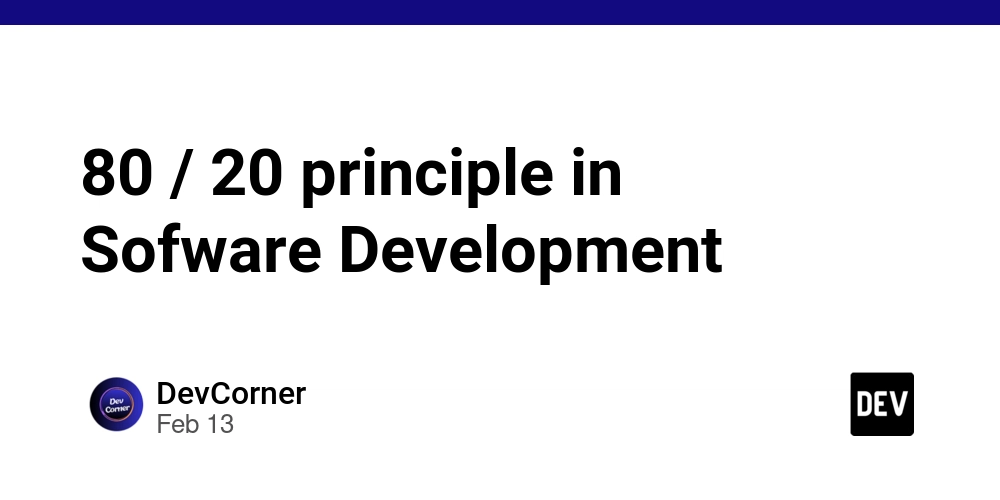
The 80/20 principle (Pareto Principle) states that 80% of outcomes come from 20% of efforts. You can leverage this principle to accelerate your journey to becoming a Senior Software Developer, System Architect, and Lead Developer by focusing on high-impact skills and activities.
1️⃣ Become a Senior Software Developer (80/20 Focus)
A Senior Developer is an expert in coding, problem-solving, and software design. To reach this level, focus on high-leverage activities:
Step 1: Master Core Technical Skills (20%) → 80% Impact
-
Deepen Your Expertise in One Tech Stack
- Focus on Java + Spring Boot (since you already use them).
- Learn advanced features of Java, including concurrency, JVM internals, and performance tuning.
-
Become Proficient in Databases
- SQL & NoSQL (MySQL, MongoDB, PostgreSQL).
- Understand database indexing, optimization, and transactions.
-
Write Clean, Maintainable Code
- Master SOLID, DRY, KISS, YAGNI principles.
- Learn design patterns to build scalable applications.
-
Code Reviews & Refactoring
- Spend 20% of your time improving existing codebases.
Step 2: Strengthen System Design & Architecture (20%) → 80% Impact
- Master Low-Level Design (LLD)
- Object-oriented design, API design, modularization.
- Master High-Level Design (HLD)
- Microservices, monolith vs. distributed architecture, caching, load balancing.
- Learn Scalability Principles
- CAP theorem, Event-driven architecture, CQRS, eventual consistency.
Step 3: Soft Skills & Leadership (20%) → 80% Impact
- Mentor Junior Developers → Teach others to solidify your knowledge.
- Effective Communication → Write documentation, explain complex concepts clearly.
- Time Management → Automate repetitive tasks, optimize workflows.
Once you master these areas, you transition to a Lead Developer role.
2️⃣ Become a Lead Developer (80/20 Focus)
A Lead Developer is responsible for technical direction, mentoring, and leading teams.
Step 4: Lead by Example (20%) → 80% Impact
- Conduct Code Reviews & Pair Programming → Help team members improve.
- Lead Technical Discussions → Provide solutions, not just opinions.
- Write Better Documentation → Reduce confusion, save time.
Step 5: Improve Team & Project Management (20%) → 80% Impact
- Agile, Scrum, Kanban → Master project management methodologies.
- CI/CD Pipelines → Automate deployment & improve team productivity.
- Incident Handling & Debugging → Learn to manage critical system failures.
Step 6: Master Soft Skills & Leadership (20%) → 80% Impact
- Conflict Resolution → Handle disagreements within teams professionally.
- Decision-Making → Prioritize long-term technical decisions over short-term fixes.
- Stakeholder Communication → Effectively communicate with non-technical teams.
Once you master leadership and project handling, you transition to a System Architect role.
3️⃣ Become a System Architect (80/20 Focus)
A System Architect designs complex systems and defines technical vision.
Step 7: Master Large-Scale System Design (20%) → 80% Impact
- Architect Scalable Systems → Handle millions of users efficiently.
- Distributed Systems → Master message queues, event-driven architecture.
- Security & Compliance → Learn OWASP, encryption, authentication.
- Cloud & DevOps → Gain expertise in AWS, Kubernetes, Terraform.
Step 8: Business & Product Understanding (20%) → 80% Impact
- Think Beyond Code → Align technology with business goals.
- Cost Optimization → Choose the right tools based on ROI.
- Understand User Experience (UX) → Create architectures that enhance user experience.
Summary of 80/20 High-Leverage Skills
| Role | Key 20% Focus | High Impact 80% Outcome |
|---|---|---|
| Senior Developer | System Design, Code Quality, Mentorship | Technical Expertise, Scalable Code |
| Lead Developer | Team Leadership, Project Management, Agile | Strong Teams, Efficient Execution |
| System Architect | Large-Scale Systems, Business Thinking, DevOps | Scalable, Business-Driven Systems |
Final Thoughts
By following the 80/20 principle, you avoid distractions and focus on high-leverage skills that rapidly accelerate your career.
Would you like me to suggest a weekly learning plan to execute this efficiently?









































































































































































![[The AI Show Episode 142]: ChatGPT’s New Image Generator, Studio Ghibli Craze and Backlash, Gemini 2.5, OpenAI Academy, 4o Updates, Vibe Marketing & xAI Acquires X](https://www.marketingaiinstitute.com/hubfs/ep%20142%20cover.png)














































































































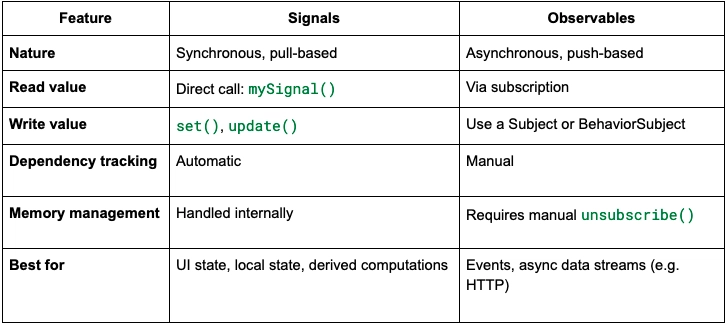
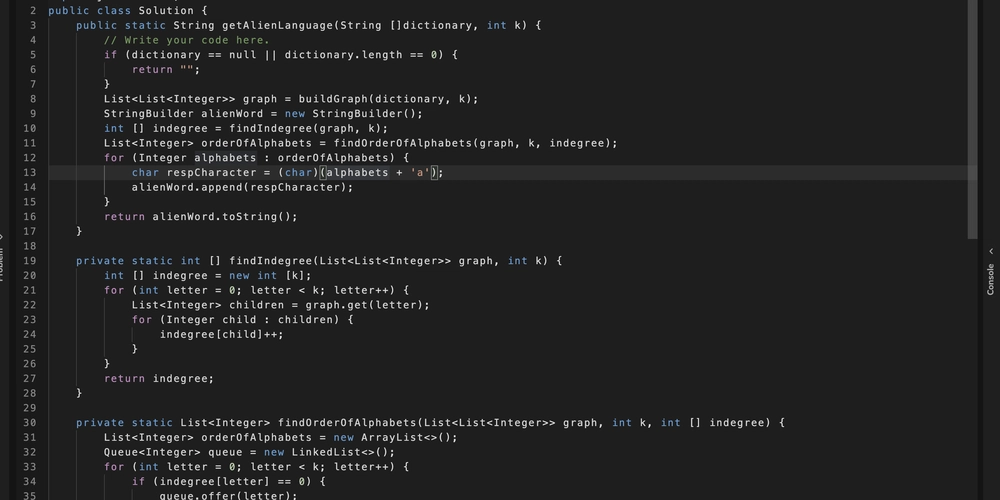










![[FREE EBOOKS] The Kubernetes Bible, The Ultimate Linux Shell Scripting Guide & Four More Best Selling Titles](https://www.javacodegeeks.com/wp-content/uploads/2012/12/jcg-logo.jpg)



![From drop-out to software architect with Jason Lengstorf [Podcast #167]](https://cdn.hashnode.com/res/hashnode/image/upload/v1743796461357/f3d19cd7-e6f5-4d7c-8bfc-eb974bc8da68.png?#)



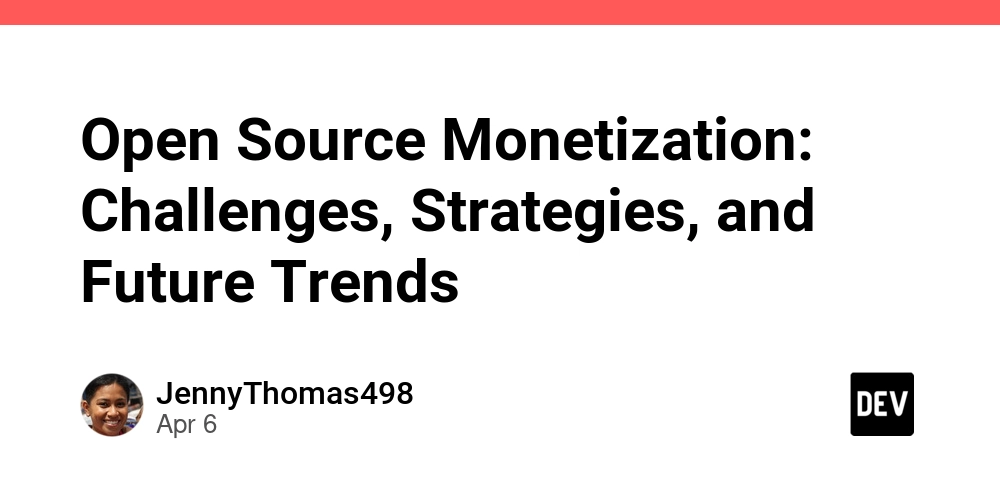



































































































.png?#)




.jpg?#)


















 (1).webp?#)













_Christophe_Coat_Alamy.jpg?#)







































































































![Rapidus in Talks With Apple as It Accelerates Toward 2nm Chip Production [Report]](https://www.iclarified.com/images/news/96937/96937/96937-640.jpg)






































































































































